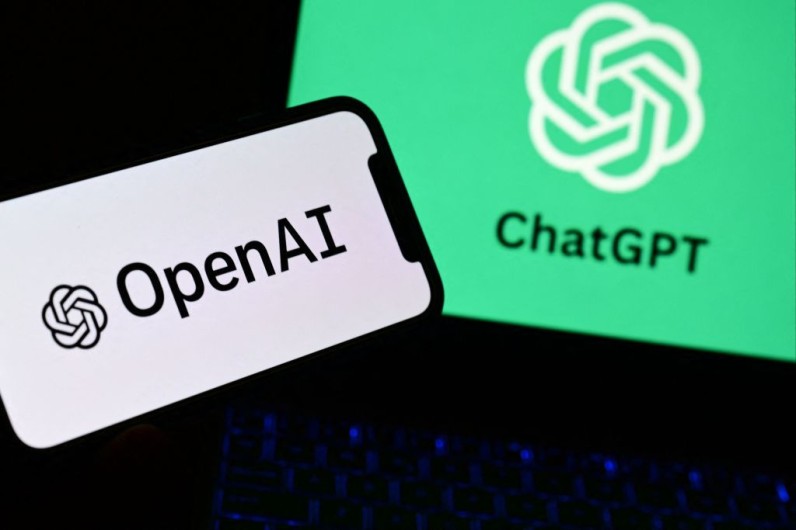OpenAI, the creator of the widely-used ChatGPT, is set to disrupt the search engine market with its own AI-powered search product, directly challenging long-time leader Google's dominance.
The announcement, reportedly scheduled for Monday, marks a major development in the ongoing competition between tech giants for AI supremacy.
OpenAI to Unveil Google Search Engine Rival
The decision comes amid reports that OpenAI is aggressively expanding its offerings, with CEO Sam Altman hinting at ChatGPT and GPT-4 updates. While Altman denied rumors of a new search engine, the company's move hints at a broader ambition beyond its renowned chatbot service.
OpenAI announced on Friday (May 10) via X) that it would hold a live event on Monday to "demo some ChatGPT and GPT-4 updates." Altman reposted the announcement, saying," Not get-5, not a search engine, but we've been hard at work on some new stuff we think people will love! It feels like magic to me."
According to Reuters, OpenAI's search product is poised to integrate seamlessly with ChatGPT, enabling users to access direct information from the web with proper citations. This extension of ChatGPT's capabilities signifies a concerted effort to enhance its utility for information retrieval tasks, which has been a challenge in the past.
The timing of OpenAI's announcement is strategic, coinciding with the eve of Google's annual I/O conference, where the tech giant is expected to unveil its own AI-related products.
OpenAI's foray into search mirrors its earlier attempt with ChatGPT plugins, which aimed to provide real-time web data but was retired in favor of GPTs.
Despite initial struggles with accuracy and real-time information, ChatGPT quickly gained traction, reaching 100 million monthly active users shortly after its launch in late 2022.

Another Google Competitor
Moreover, OpenAI's move follows the success of startup Perplexity, founded by a former OpenAI researcher, which boasts 10 million monthly active users. Reports also indicate that OpenAI is actively recruiting Google employees for its search project.
The emergence of an AI-native search engine poses a significant threat to Google's established dominance in the search market.
According to StatCounter data, Google owns more than 90% of the search engine market, followed by Microsoft's Bing with a 3% slice. No company has ever narrowed the gap.
As Google faces challenges, including an ongoing antitrust case, OpenAI's entry into the search arena further intensifies competition.







Join the Conversation